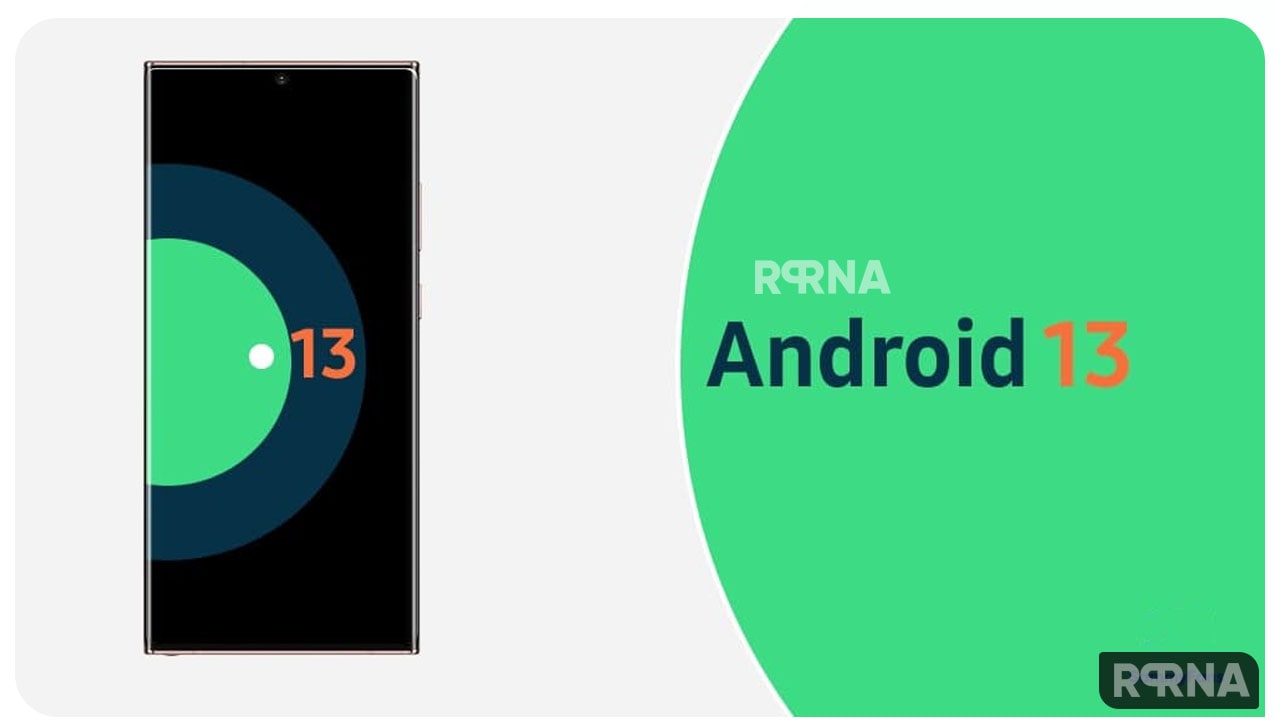Google evolving a new app archiving system for Android phones that allows users to free up valuable internal storage without having to uninstall apps or lose linked data. It’s no secret that Android phones are preloaded with a ton of bloatware that hogs onboard storage.
JOIN US ON TELEGRAM
The only option that remains is to uninstall the less-used apps or clear the user data stored in each one. It will soon be a matter of the past. Google is working on a so-called archived APK. For those unfamiliar, the APK – abbreviated to the Android Package Kit or Android Application Package – is the building block of code to create the app.

Google Android 13 APK Archive feature
Google claims that users can free up to 60 percent of the storage space taken by an app. The company plans to seed the APK tool archived for developers with the release of the upcoming version of BundleTools 1.10.
The company’s blog post defines the archived APK as “a very small APK that stores user data until the app is reinstalled”. This feature will be available to Android smartphone users later this year as part of the Android 13 update (Android 13 APK Archive feature).
This is an opt-in feature, which means that developers can choose to enable the app archiving tool for their respective apps. For users, the ability to archive apps to store onboard storage on their phones is a great convenience.
So when this feature is coming
Google did not share many technical details about the app collection system but guaranteed that the user data stored by each app would be secure. After reinstalling the archived app, it will come back as if nothing happened. The system must hibernate the app on steroids.
With Android 11, Google has begun offering a hibernation tool that resets app runtime authorizations. Android 12 further enhances this by disabling background alerts and activity for hibernated apps, deleting all app cache files, killing push notifications, and restoring runtime permissions.

For an instant! Samsung Galaxy S22
Take the T-Mobile version of the Samsung Galaxy S22 Ultra, for example, which is preloaded with 89 apps, most of which can be disabled but used to clean up storage space. It also does not allow for phone and storage expansion starting at $1,199.
On the other hand, the situation with cheap phones has become even worse. Samsung is not the only brand with a bloatware problem. As companies like Xiaomi and Vivo are engaged in similar strategies, Samsung is not the only brand with a bloatware problem.

Via – SammyFans













